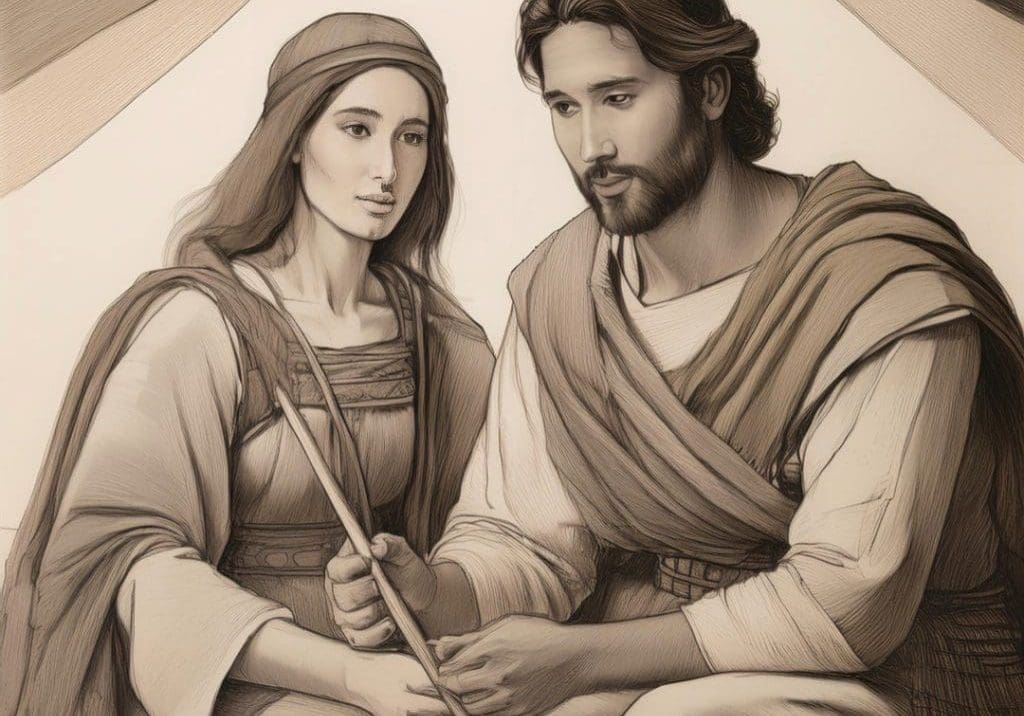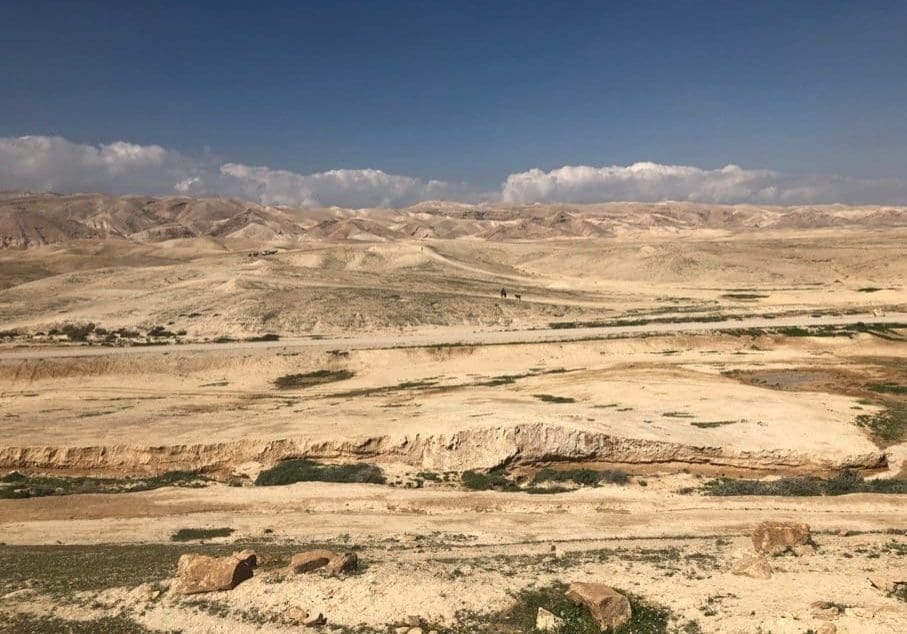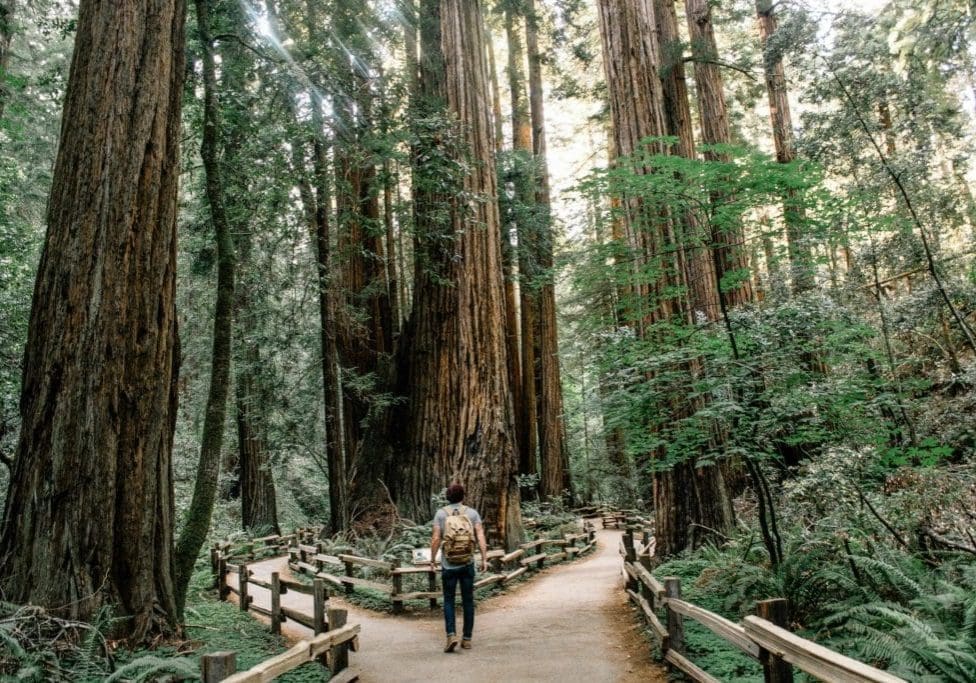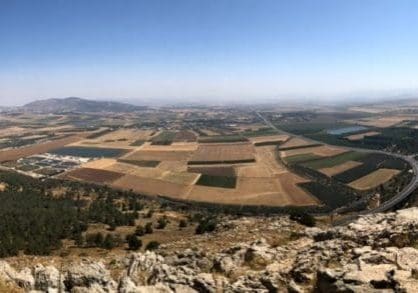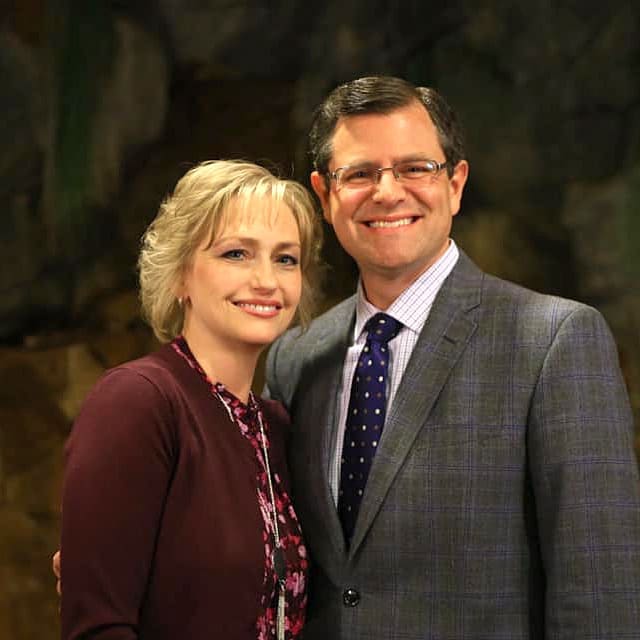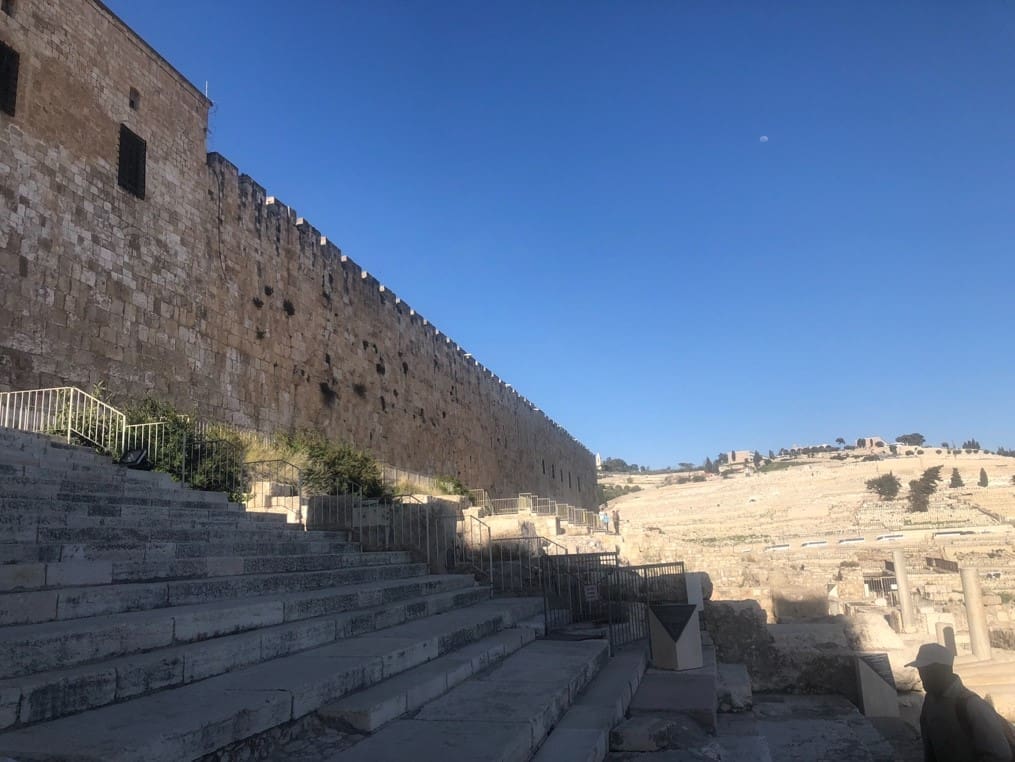
“And when the day of Pentecost was fully come, they were all with one accord in one place. And suddenly there came a sound from heaven as of a rushing mighty wind, and it filled all the house where they were sitting. And there appeared unto them cloven tongues like as of fire, and it sat upon each of them.” Acts 2:1-3
Pentecost, also known as the Feast of Weeks, comes fifty days after Passover. Along with Passover and Tabernacles, it is one of the three pilgrim holidays of the Jewish people. It is a time when every Jewish man is required by God to go up to Jerusalem and worship in the temple (Deuteronomy 16:16). Since the timeline of the Exodus shows that they arrived at Mount Sinai about fifty days after the first Passover, it is also a celebration of the giving of the law.
Jews have an ancient tradition where they gather and read the opening chapters of Ezekiel on Pentecost. In 1:4 the prophet describes seeing a fiery whirlwind, “And I looked, and, behold, a whirlwind came out of the north, a great cloud, and a fire infolding itself, and a brightness was about it, and out of the midst thereof as the colour of amber, out of the midst of the fire.” Throughout the first three chapters, the prophet wrote of fire and wind, of being filled by the Spirit of God and being set as a watchman.
Many teach that the Holy Spirit was poured out on the disciples in the upper room, often thought to be the same upper room as the Last Supper. However, does that fit with Scripture? The apostles were living in “an upper room” in chapter one, (Acts 1:13) and it appears that is where they chose Judas’ replacement. However, in the Gospel of Luke, written by the same human author as Acts, we learn that the disciples were “continually in the temple, praising and blessing God,” (Luke 24:53). This was immediately after the ascension of Jesus into Heaven. They were not hidden away from sight as they waited for God’s promised Spirit. How can we reconcile that verse with Acts 2?
Throughout the Scriptures, the temple is given several names, but one of the more common, and the earliest (2 Samuel 7:5), is one word: “house.” In his dedicatory prayer for the temple in I Kings 8, Solomon called it simply “the house” or “this house.” Even before he prayed, God’s glory filled the temple like a cloud. Several Psalms call the temple “the house,” as do Nehemiah, Jeremiah, Isaiah, Ezekiel, and Jesus. In modern times, the Hebrew name for the Temple Mount is Har HaBayit, the Mountain of the House. So when Luke wrote of the wind of God filling the house where the disciples were, he was reminding his readers of all the previous times when God’s glory filled the house.
On Pentecost, the followers of Jesus gathered in the temple in obedience to the Word of God on one of the holiest days of the year. As the crowd read the book of Ezekiel together, they saw the Word of God come to life in their midst. The wind of God filled the whole house, and tongues of fire appeared on Jesus’ disciples, who were seated together. Then, like Ezekiel in chapter 3, the disciples stood as watchmen to the house of Israel and proclaimed the salvation of the Lord.
According to Josephus, as many as 3 million Jews would come up to Jerusalem from around the known world for Passover, and then stay on for Pentecost fifty days later. Acts 2:5 says “And there were dwelling at Jerusalem Jews, devout men, out of every nation under heaven.” The Bible says that the multitude came running together when they heard what was happening, and they all heard the Word of God in their own languages.
The story of Pentecost shows us the importance of comparing Scripture with Scripture. God did not send the law secretly on Mount Sinai. He did it with fire, clouds, and the sound of a trumpet. Jesus’ crucifixion was accompanied by earthquakes, darkness, and many signs. Why would the gift of the Holy Spirit be different? His visible next act, to descend from Heaven in the clouds, will be accompanied by trumpets, shouts, and the splitting of the Mount of Olives in Jerusalem. Are you ready?
“And when all the children of Israel saw how the fire came down, and the glory of the Lord upon the house, they bowed themselves with their faces to the ground upon the pavement, and worshipped, and praised the Lord, saying, For he is good; for his mercy endureth for ever.” 2 Chronicles 7:3

